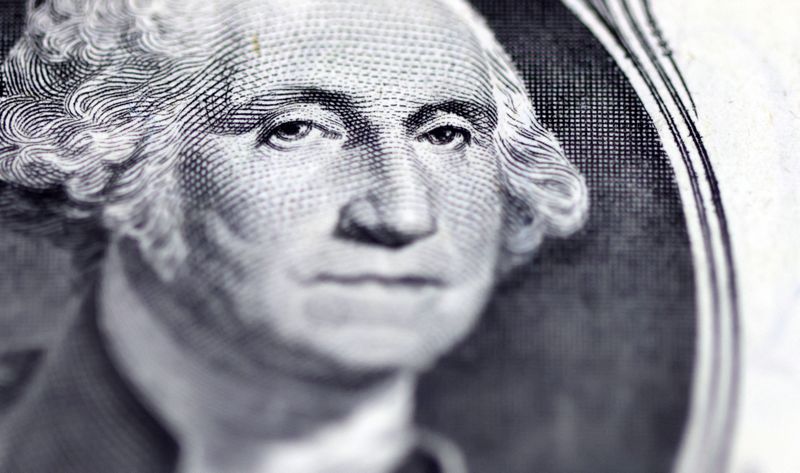 © Reuters
© Reuters
On Tuesday, the Kenyan shilling fell to a historic low against the US dollar, with the Central Bank of Kenya (CBK) quoting it at 149.27, an increase from Friday's close of 149.20. This depreciation has driven up import costs and inflation, according to a CBK statement. The situation has resulted in higher prices for traders and businesses as commercial banks have raised dollar selling rates over KES150 due to foreign currency shortages.
Analysts from FX Pesa highlighted an ongoing average monthly depreciation of 2.3% since the beginning of 2023, a trend that is likely to intensify with rising oil prices and persistent high interest rates in the US. The US Federal Open Market Committee's commitment to maintaining interest rates above 5% through 2024, combined with a 3.7% US inflation rate and a projected return of 5.487% on US treasuries, presents a compelling 25.5% return from a Kenyan perspective. This attractive return has prompted a shift from Kenyan bonds.
The depreciation of the shilling, coupled with a record low in foreign exchange reserves, has weakened Kenya's ability to finance imports and service foreign debt. This situation has increased demand for the greenback, the major currency in global trade, escalating the overall import bill. The Nairobi Securities Exchange (NSE) experienced a drop in its market capitalization due to a broad sell-off, reflecting eroding investor confidence amidst deteriorating economic conditions and the upcoming repayment of Kenya's debut Eurobond until June 2024.
This article was generated with the support of AI and reviewed by an editor. For more information see our T&C.

